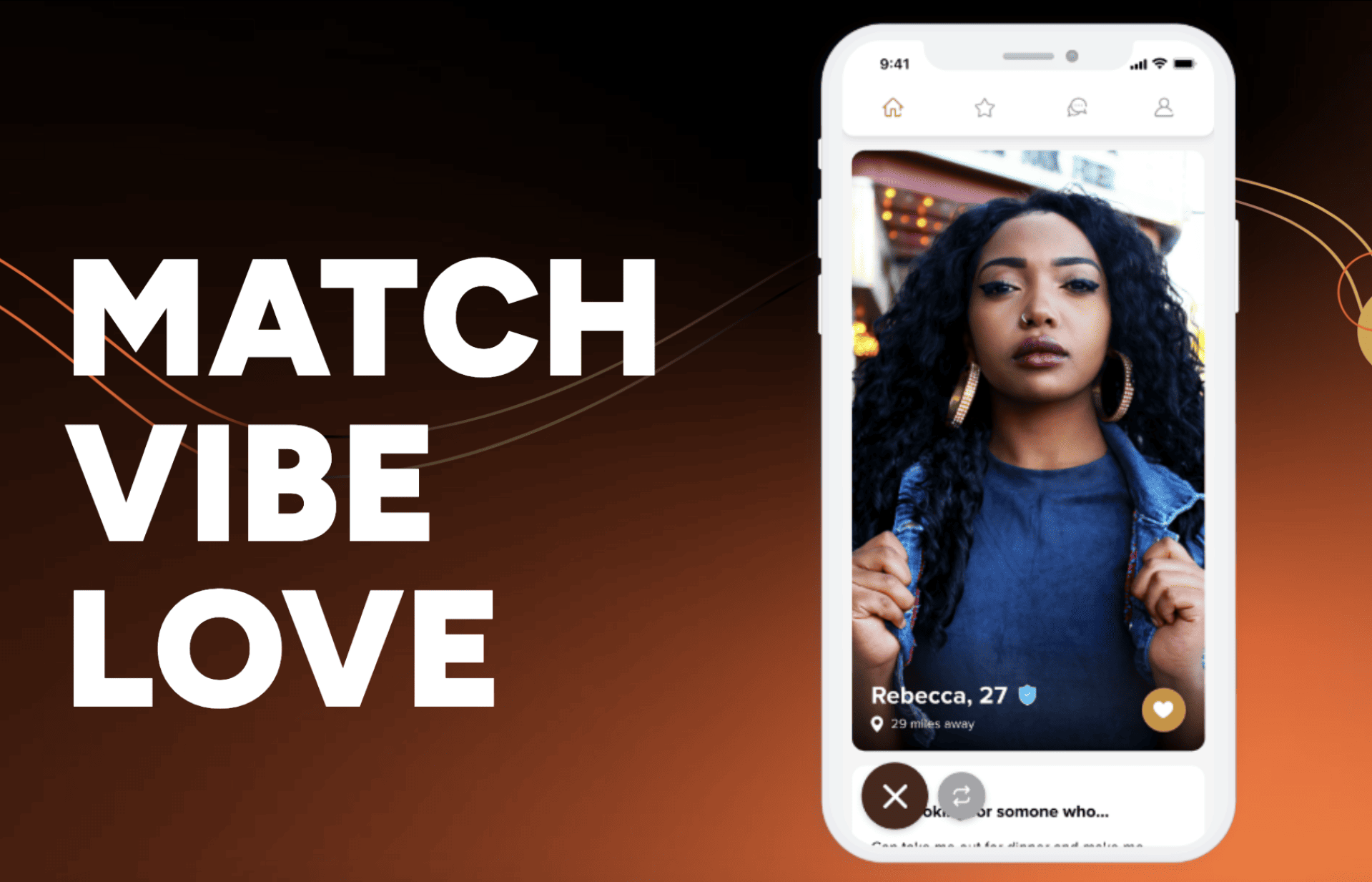
With October now fully upon us and September a fast-fading memory, there’s just time to round up some of the notable dating app news updates from new and existing companies alike.
Tinder Select: the new $499 mega-premium app tier
Tinder’s super-exclusive (well, more super-expensive) VIP mode has arrived, allowing you to super-charge your dating profile on the app for the price of $499 a month.
The new ‘Tinder Select’ scheme (not Tinder Vault, the mooted name for the tier in early reports) was announced on Friday [paywall] (September 22, 2023), and will reportedly initially only be available to Tinder’s “most active” one percent of users. The app’s maker, Match Group, has not answered questions from the media about what actually makes you a “most active” Tinder user.
What has been revealed, though, is that Tinder Select allows you to message another use even if you don’t match with them. This could be seen as privacy-busting, as it basically means you can send unsolicited messages to people who have made no indication that that want communication from you. However, users can opt out of being able to receive such messages, which are limited to two per week per Tinder Select user. Or, if we’re breaking it down, $249.50 per message.
The move seems to be designed to add a veneer of exclusivity to Tinder, perhaps akin to that of Raya: the dating app that heavily vets applicants and is often used by celebrities and big-hitting influencers. You have to apply to use Tinder Select, but the application criteria is based more around having enough information on your profile and verifying your photos, rather than having to prove you’re extremely hot and successful.
You also get a badge to show off your Tinder Select membership on the app, plus Tinder said your visibility to other users is drastically increased.
Circumvent Big Tech's Censorship! Never miss another post!
Subscribe to our notifications!
Article continues below
While many people seek to separate themselves from the unwashed masses in all aspects of life, we’re not convinced that people will be lining up to pay $499 for what is essentially a function level a few notches above the likes of Tinder Gold. Also, will a Tinder Select badge on a profile make the profile a beacon for scammers and gold diggers? We eagerly anticipate early reports – but won’t be forking out for Tinder Select ourselves quite yet.
Dating app crackdown looms in Australia
The Australian government has said that the dating app industry needs to draw up a voluntary code of conduct, to help crack down on harassment and abuse on the apps, or face new legislation being brought in to force a crackdown.
Communications Minister Michelle Rowland said that apps like Tinder, Hinge and Bumble had until June 30, 2024 to draw up the code of conduct. The move was largely inspired by research by the Australian Institute of Criminology, which found in 2022 that three quarters of dating app or website users experiences some kind of sexual violence through the apps or sites.
Rowland said that “the government is concerned about rates of sexual harassment, abusive and threatening language, unsolicited sexual images and violence facilitated by these platforms.” In response, dating app companies have made noises about agreeing that more needs to be done to stamp out abusive behavior on the platforms.
Hinge says: turn off your phone
Heard the one about the phone app that produced a guide to using your phone less?
Hinge has launched what it calls its ‘Distraction-Free Dating’ guide, available through the dating app or by clicking directly through to the PDF guide, to help you connect better with people both on the app and on in-person dates.

Advice nuggets include “Switch your phone to ‘do not disturb’” when out on a date, “Share stories, not facts”, and a date suggestion to “Go to a farmers market and pick something weird, that the other person has to go home and make something with.”
Some of these points might seem obvious, but for members of a generation who began dating during pandemic lockdowns and have had more romantic conversations on apps than they have in person, maybe they’re actually quite handy.
The guide was made in conjunction with the Foundation for Social Connection: an organization formed to address issues of social isolation and increase social connections.
MM on the up
The dating app MM, which focuses on ‘real life’ events and people with African, Caribbean and African-American backgrounds, is on the app, having recently raised £600,000 in seed funding.
The UK-based app functions like a standard swipe-based dating app, but organizes events that users can buy tickets to, to meet singles in-person and widen social circles. It’s still relatively early days for the app, which has around 60,000 users.

MM describes itself as “a dedicated space where you can connect romantically and build strong, long-lasting relationships based on commonality, hobbies and interests, love languages and much more.”
Dayo Israel, the app’s founder, said the new funding would help the app continue to build a “sense of community”.
Grindr staff not into office working
Nearly half of Grindr’s workforce left the company after it initiated a ‘return to office’ plan this summer.
The LGBTQ+ app said that its 178 staff members would have to work from one of the app’s hubs in New York, Chicago, Los Angeles, San Francisco or Washington DC. With many staff working remotely from home up until the rule was announced, as of August 31, 2023 around 80 of them left the company, reported CNN.
The Communications Workers of America (CWA) claimed that Grindr’s new office policy had been made in response to a drive to unionize among staff. Grindr told CNN that this claim had “no merit”. The union has filed an unfair labor practice charge against Grindr with the National Labor Relations Board.
In 2022 Grindr appointed a new CEO, George Arison, and became a public company.
Bumble’s no-show crackdown
Bumble has claimed to be the first dating app to “take a stance” on users not turning up to scheduled dates with matches, saying they can now be reported in the app and action potentially taken against people guilty of no-shows.
In a recent update to Bumble’s definition of bullying and abusive content stated that to “not show up to an in-person meet up despite clear plans agreed by both parties” would come under this bracket. Users who breach Bumble’s community guidelines risk being sent warnings or being kicked off the app.
Bumble said that no-show dates can “sometimes have a profound impact on a person’s mental health, leading to feelings of depression, anxiety and deflated self-esteem”.
A spokesperson for the app told Endgadget that if an alleged guidelines breach is reported by someone in Bumble, a human moderator fact-checks the information before taking action.






